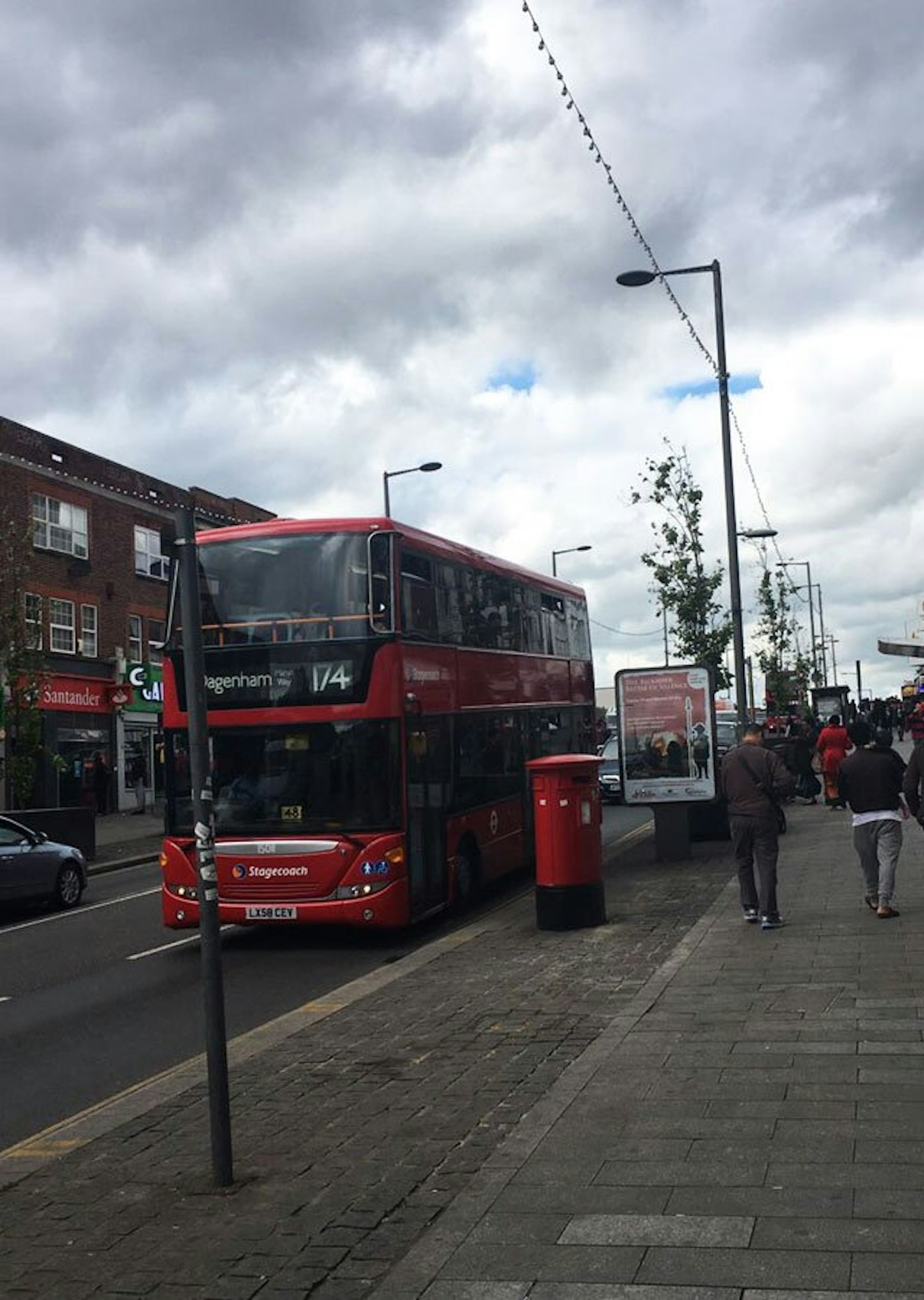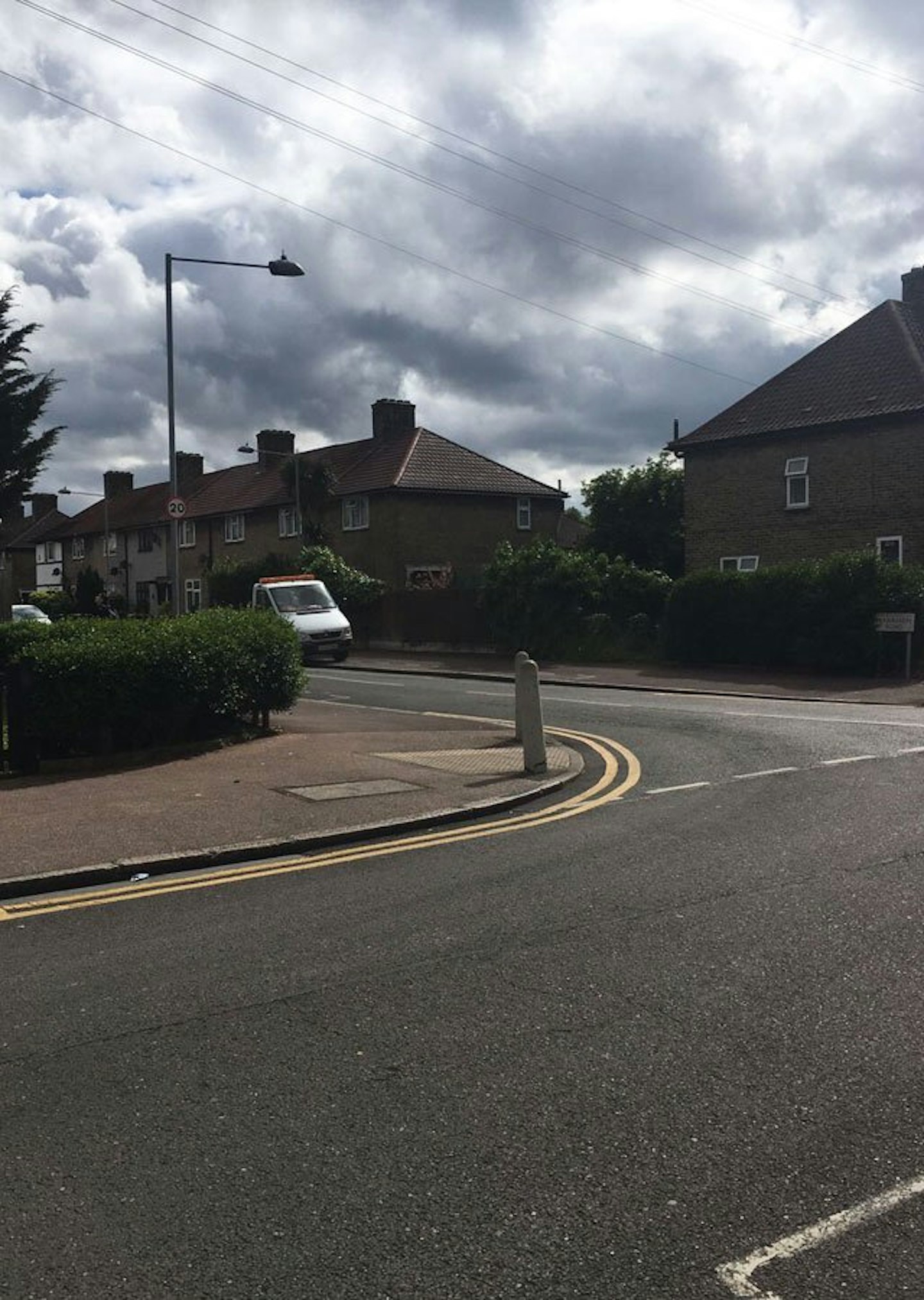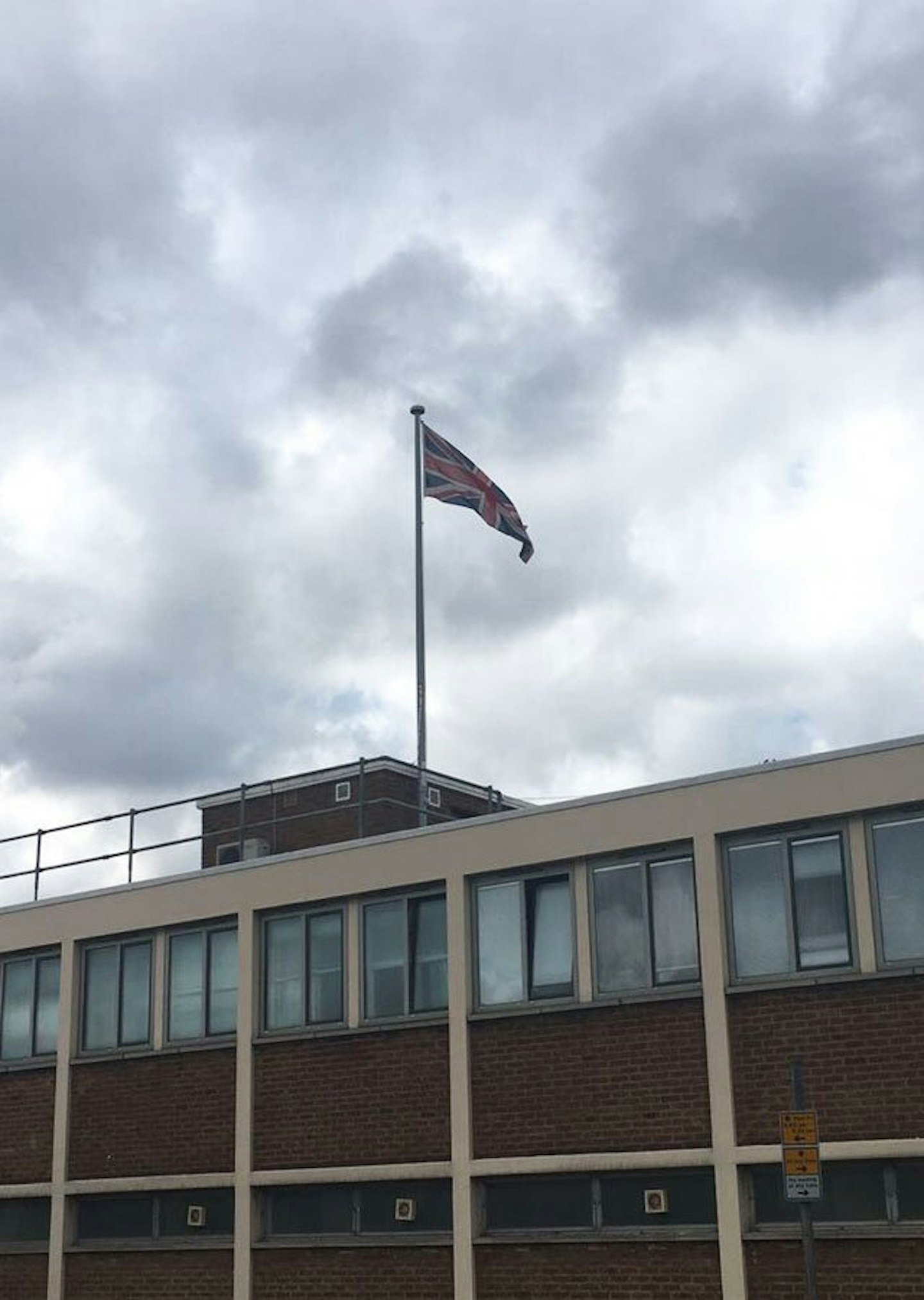Dagenham is, according to my go-to trusty font of information, Wikipedia, 11 and a half miles east of Charing Cross in central London. That means it must, according to my dodgy geography, be about 12 or 12 and a half miles from Westminster. It feels much further away.
In terms of politics London is (wrongly) often talked about as though the city is one giant homogenous mass, heaving with liberal elites. The true picture of our capital’s demography is, however, far more diverse. Here, in Dagenham, the stories of several different communities coexist visibly. The brutalist Heathway shopping centre in the middle of town which, cannily, seems to have flats perched on top of it, is the perfect metaphor for the cultural melting pot that Dagenham is today. Lidl, JD Sports and Boots share the same prime retail space as family-run African goods importers, pound shops and pawn shops.

And yet, despite, or perhaps in spite of, it’s palpable diversity 62% of people in the borough of Dagenham and Rainham voted to leave the EU in last year’s referendum. With the exception of only a handful of other boroughs, the rest of London overwhelmingly voted to remain. On the day that Theresa May triggered Article 50 BBC Radio London broadcast live from the nearby Barking town centre, so synonymous is the area with Brexit. The constituency has long been Labour; the current MP, John Cruddas, has been in power since 2001. In 2006 the now defunct BNP won 12 council seats here. The British Nationalist Party set their sights on this seat in 2010 but failed to win it from Cruddas and, subsequently, lost their council seats.
This is also the home of equal pay, made famous by the 2010 film Made in Dagenham starring Rosamund Pike, Gemma Arterton and Jamie Winstone. These famous actresses portrayed the real life women who went on strike at the town’s Ford factory (which employed 40,000 locals at its height but is now mostly closed) in 1968 to demand equal pay and won. The young women of Dagenham today are, however, reluctant to talk to journalists it seems. I don’t blame there. I’m walking up and down the high street, a BBC journalist seems to be skulking silently in my footsteps and across the road, there’s a guy holding a microphone which bears the branding of American news station NPR.
I wander away from the high street, into residential roads. I meet Marlena, who does want to chat. She’s 28 years old and has moved to London from Poland in order to improve her English. How long has she lived in Dagenham? ‘One year’, she tells me, ‘but if I knew that it was so far from the city centre, probably I wouldn’t have chosen this place.’
Dagenham feels suburban. Indeed, the town dwells in the liminal space where London meets its outskirts. J.G.Ballard once wrote of the tranquillity of the London Suburbs; to him, suburbia was a safe haven, a safety net to catch those who fall out of the city’s centre. As a child of suburbia myself, I can relate. Everyone knows everyone, curtains twitch and being ‘normal’ is prized above all in suburbia. Whatever that means.

However, Ballard also wrote that there is always ‘latent discontent’ in suburbia. ‘The suburbs dream of violence’ he wrote in Kingdom Come, ‘asleep in their drowsy villas, sheltered by benevolent shopping malls, they wait patiently for the nightmares that will wake them.’ The low-rise suburban streets on which I’m standing with Marlena do not enclose you in the way that other parts of the city do. It’s hard to believe that the skyline will look like this much longer, and likely that shiny new build towers will rise up as London continues to burst at her seams.
‘I like Dagenham’ Marlena says, ‘because it’s a bit more like a village than a city but, to be honest, if you want to invite friends to visit here people don’t want to come because it’s really far away.’ Is she, a European living in one of London’s Brexit heartlands, worried about what next week’s election might mean for her? ‘Of course but I came here to improve English so, to be honest, I think that if English people have made their choice and I’m fine with that. I understand…if English people can’t find a job and London is too crowded then they might be upset and want something to change.’
I walk back towards the tube which will take me home, West to Stratford. I approach several young women but nobody wants to stop and talk. ‘I don’t follow politics’, ‘they’re all crap’, ‘I don’t know about that’ they respond to me with a smile as they walk past me. As I hit the high street again I meet Cynthia and Alison, both 18. They’re twins who were born in the UK to Spanish parents, in their final year at school they’re studying the same subjects: biology, maths and art. Are they planning to vote in the election next week? They are, but it’s Brexit which is playing on their minds. ‘I think [Brexit] was surprising’ Cynthia says ‘because Dagenham is very diverse. I thought people would vote to stay because if you leave immigration will still be a problem. There aren’t that many people here who are pure British so I don’t understand why they voted to leave’ Alison says she would have voted to stay, ‘there are clearly more benefits to staying’ she says. They’re right, according to the 2011 census, the population overall here has increased but the white British population in Barking and Dagenham has decreased from 80.6% in 2001 to 49.6%.

The twins both turned 18 in September and, as much as they would have liked to, were not able to vote in the referendum. So, do they think Brexit will determine this election? ‘I think some people vote based on the leader’ Cynthia says, ‘and really they should look at the policies and what that party really stands for instead of making it all about the leader.’ So what policy will they be making their decision based on in particular? ‘Education’ they say in unison, ‘they’re making too many cuts to education’ Alison says, ‘and also the NHS. It has to work for the majority.’
In the wake of Brexit Ford have talked about closing their remaining UK plants. The company stopped making passenger cars here, in Dagenham, in 2002. Engines are still made at a plant here before they are, ironically, exported to the EU where the component parts of the cars are put back together so that the completed Ford cars can be shipped back to the UK to be sold.
Last year's referendum laid bare some toxic social divisions in our country: young and old, rich and poor, north and south, city and suburbs. They have not healed.
Like this? You might also be interested in:
Bursting The Bubble: What Do The Women Of Boston And Skegness Think About Brexit?
Bursting The Bubble: How Much Do The Women Of Shipley Care That Philip Davies Is Their MP?
Follow Vicky on Twitter @Victoria_Spratt
This article originally appeared on The Debrief.
